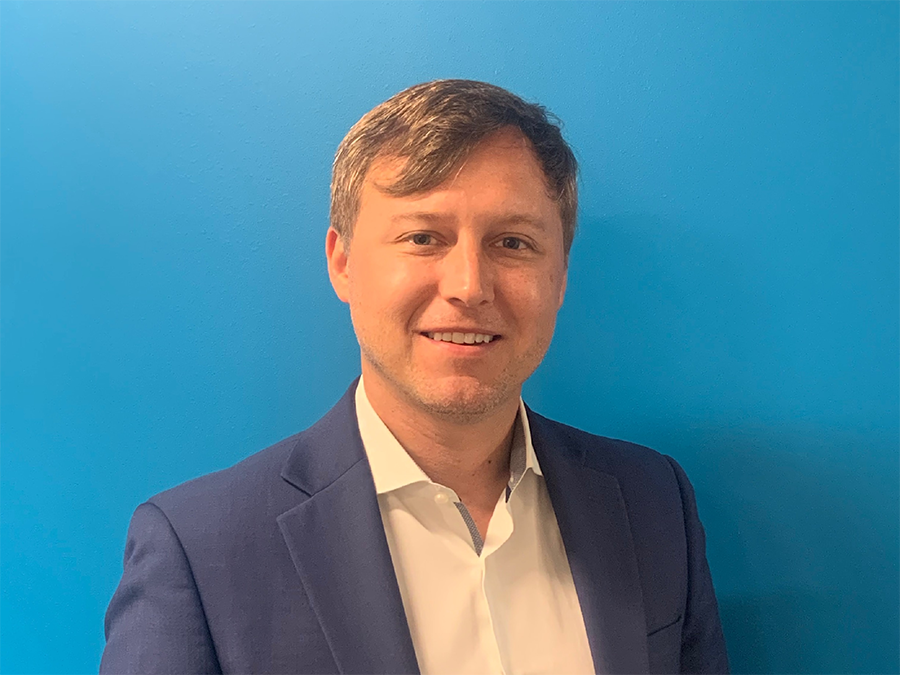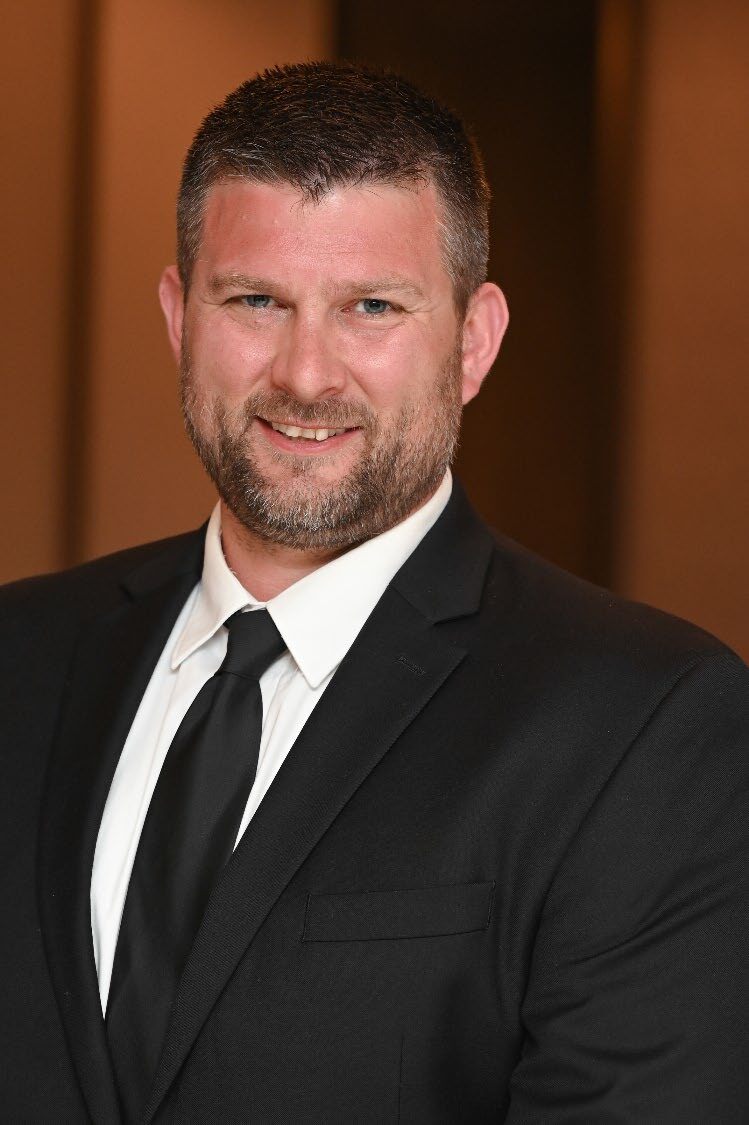
Pump & System Fundamentals Course -Part 2: Wednesday, October 9, 2024| Live Course
Includes a Live Web Event on 10/09/2024 at 10:00 AM (EDT)
-
Register
- Non-member - $700
- Member - $525
- Associate Member - $525
- Academic Partner - $665
- PSAP Industry Partner - $665
- Pump Industry Partner - $665
- Pump Industry Partner Retiree - $665
- Standards Partner - Consultant - $525
- Standards Partner - End User - $525
- Standards Partner - End User & Basic Training - $525
- Training Partner - $525

Pump & System Fundamentals Course - Part 2
Pump System Drawings & Process Control, Measuring Performance, Pump Installation, Maintenance, Reliability, Operating Problems, Troubleshooting, Intro to Optimization and Analysis Tools
Date: Wednesday, October 9, 2024, 10:00 am - 6:00 pm EST
PDH Credits: 7.0
Course Overview:
Part 2 of the Pump System Fundamentals course is designed to provide the core information on how to effectively select, install, and maintain pumps, as well as assess and optimize systems to operate efficiently and reliably. This is vital information for anyone working in the pump and fluid handling industry who has technical responsibility for products or product management, technical support, or designs or operates pumping systems. Finally, anyone who specializes in assessing and optimizing pumping systems requires an understanding of the core principles taught in this course.
By providing immersive coverage of the pump system, reliable installation, operation, and maintenance, along with applicable methods and calculations for optimization, this course is beneficial for newer technical professionals looking to expand their knowledge or veterans of the industry who want a grounding in the fundamentals.
Part 2 of the Pump System Fundamentals course is designed to be taken following Part 1 or as a standalone course for individuals who have the requisite knowledge on topics in Part 1.
Learning Outcomes:
- Field testing & operating problem example
- Allowable operating regions (effect on reliability)
- Cavitation & NPSH Margin
- Common operating problems
- Tools: Pump system assessment (module) MEASUR
- Tools: Hydraulic Modeling
- Pump System Optimization
- Pump system assessment methodology.
- Pump system assessment report example and case study.
Who Should Attend:
Anyone working in the pump and fluid handling industry who has technical responsibility for products or product management, technical support, designs or operates pumping systems. Finally, anyone who specializes in assessing and optimizing pumping systems requires an understanding of the core principles taught in this course.
Course Materials Included:
- Slide Deck (PDF)
- Pump System Optimization: A Guide for Improved Energy Efficiency, Reliability, and Profitability (* $225 Value)
Continuing Education Credit(s):
Upon the successful completion of this On-Demand Training bundle you will receive a Certificate of Completion. 7 PDHs | 0.7 CEUs | 7 CONTACT HOURs
* Note 1.0 PDHs is equivalent to 0.10 CEUs or 1.0 Contact Hours
Additional Educational Resources:
*Click links below for additional information.
Section 1: System Drawings & Control
- Piping and instrumentation diagrams
- Process and block flow diagrams
- Isometrics drawings
- Process control systems
- Stable and unstable control
Section 2: The Pump Operating Point & Reliability
- Pump and system curve review
- Preferred & Allowable Operating Regions (POR and AOR)
- Effects on efficiency and power
- Effects on reliability
Section 3: Measuring pump performance
- Pump testing
- Instrumentation
- Estimating power and energy
- Measuring & calculating total Head
- Wire to water efficiency & specific energy
- Cavitation & NPSHA
Section 4: Net positive suction head available & cavitation
- Cavitation and causes
- Definition of NPSHA
- Calculating NPSHA
Section 5: Pump Selection Methodology
- Standards
- 12 Step selection methodology
Section 6: Pump installation
- Foundation, Base, Grouting, Anchors
- Mounting, alignment
- Nozzle loads
- Piping/intake
Section 7: Pump maintenance
- Metrics
- Maintenance types
- Typical preventative maintenance
Section 8: Common system & operating problems
- System issues
- Flow and pressure
- Power
- Seal & bearing
- Vibration
Section 9: Troubleshooting using the pump curve
- Insufficient flow example
Section 10: Vibration basics & Troubleshooting methodology
- Units & definition
- Forced vibration & resonance
- Vibration plots
- Acceptance testing
- Troubleshooting methodology
Section 11: Intro to Pump System Optimization
- Achievable benefits
- Discussion exercise
- PSO Process
Section 12: Analysis tools with examples
- MEASUR Tool – Pump System Assessment Module
- Hydraulic Modeling
Registration Fees
| HI Member Type | Fee |
| Member | $525.00 |
| Associate Member | $525.00 |
| Standards Partner | $525.00 |
| Training Partner | $525.00 |
| Industry Partner | $665.00 |
| Academic Partner | $665.00 |
| Non-Member/Partner | $700.00 |
Members, Associate Members, Standards Partners, and Training Partners of the Hydraulic Institute (HI) receive 25% discount on all available PSM training. Employees of Members, Associate Members, Standards Partner, and Training Partner organizations must log-in with their company email address in order for the discounted registration fee to apply. Industry Partners and Academic Partners receive 5% discount on all PSM training. Click here to learn more about HI membership.
Membership Question? Call us at 973-267-9700, email us, or view the HI website for more information.
Refunds & Cancellations
All refund requests must be made in writing to training@pumps.org. Full refunds will be issued for any live course or webinar that has been cancelled.
Webinar Instructions
- Click the Contents tab and select "View Live Course". After the live webinar is completed, return to the Contents tab.
- Click "Complete Quiz for Live Course" to answer quiz questions. You will have 10 attempts and must get at least 80% correct to proceed. After completing the quiz, return to the Contents tab.
- For webinar series, continue this process until you complete all the course sessions.
- Click "Complete Course Evaluation" to provide your feedback on the course to PSM. Scroll down to view all feedback questions, there are questions that expand past the size of the window.
- Click the button “View/Print Your Certificate” in the box titled “Claim Credits & Certificate to save or print your certificate of completion. If you ever lose your certificate, you can come back to the PSM website and view it on your transcript (found in the Dashboard).
Need Assistance?
If you are experiencing any log in issues, cannot access a course, need assistance claiming credit, or have other questions or concerns, please e-mail training@pumps.org for assistance.

Alex Moser
Senior Engineer of Standards and Training
Hydraulic Institute
Alex Moser is the Senior Engineer of Standards and Training at the Hydraulic Institute with technical responsibility for standards, guidebooks, training, and technical programs as well as assisting the governmental regulations committees with technical expertise. Prior to joining the Hydraulic Institute, he held new product development and engineering management positions with a major pump manufacturer, with a focus on new pump design, system analysis, and testing. Mr. Moser obtained his B.S. Degree in Chemical Engineering at the University of Alabama.

Peter Gaydon
Deputy Executive Director
Hydraulic Institute
Peter Gaydon is the Deputy Executive Director at the Hydraulic Institute. Mr. Gaydon held design, development, and test engineering positions with major pump manufacturers. He currently serves as member on several pump related standards committees for AWWA, CSA, ASME and serves as the Chair for the AWWA E103 Vertical and Horizontal Line-Shaft Pumps. With the Hydraulic Institute, Mr. Gaydon has technical responsibility for standards, guidebooks, technical regulatory affairs and certification programs. Mr. Gaydon obtained his B.S. Degree in Mechanical Engineering at the University of Alfred.
PDH Credits
Seven (7) PDH credit will be issued upon completion of this live course.
The acceptance of continuing education as it applies to fulfillment of the state licensing requirements for professional designations is at the pleasure of the individual state licensing boards. It is the responsibility of the individual participants to be knowledgeable about their state requirements.
Licensed Professional Engineers
Continuing professional development is a vital component to the engineering licensure process. Most state licensing boards require continuing professional development as a condition for licensure and renewal of the license to practice engineering. Pre-approval of training providers and courses are not required by most state licensing boards, except for the following:
Florida Board of Professional Engineers
Pump Systems Matter is a board-approved continuing education provider for the Florida Board of Professional Engineers: License # CEA361.
North Carolina Board of Examiners for Engineers and Surveyors
Pump Systems Matter is an approved continuing professional competency sponsor for the North Carolina Board of Examiners for Engineers and Surveyors: Sponsor # S-0523.
New York State Board for Engineering, Land Surveying, and Geology
Pump Systems Matter is approved as a sponsor of continuing education for professional engineers in New York State: NYS Sponsor # 241.
